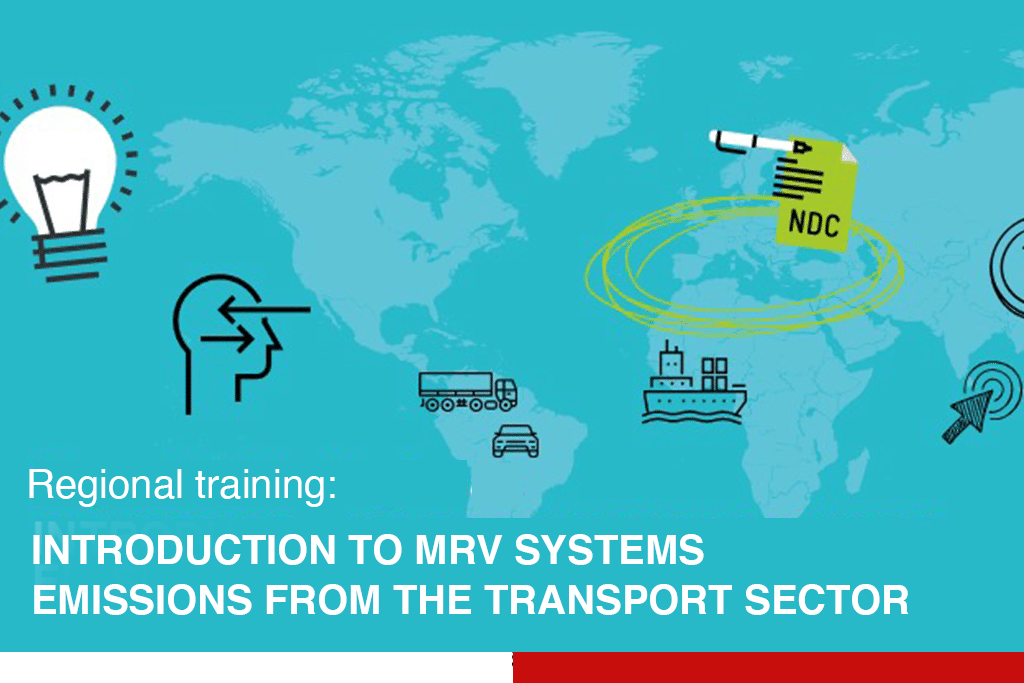
In a joint initiative of the Urban Mobility sector of the EUROCLIMA+ programme and the Advancing Transport Climate Strategies (TraCS) project, GIZ organized the regional training “Introduction to MRV systems emissions from the transport sector”, in which participated officials from 10Latin American countries.
Through four modules, attendees acquired tools for the design of data analysis and cross-checking systems to link transport actions with climate strategies, such as the Paris Agreement’s Nationally Determined Contributions (NDCs).
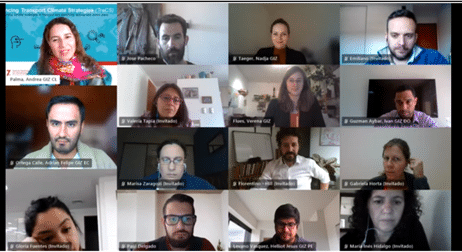
The training was held virtually fromt the end of May to start of June. Around 37 participants attended from Argentina, Chile, Colombia, Costa Rica, Ecuador, Mexico, Paraguay, Peru, Dominican Republic, and Uruguay.
“With this experience we return to the global discussion with contributions for refining the methodologies and making them more realistic, so as not to disconnect the local reality from the global discourse.”
Verena Flues, GIZ transport and climate change policy advisor
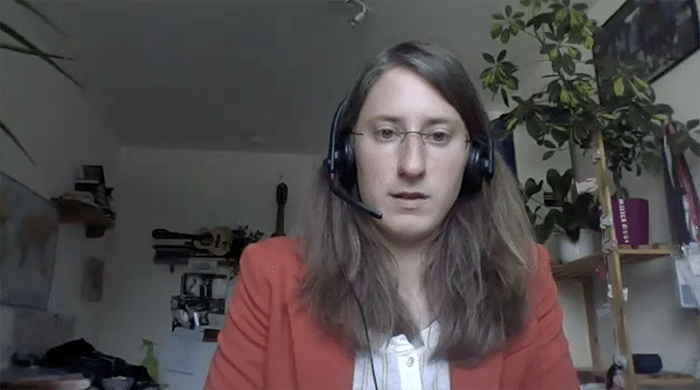
Monitoring, Reporting and Verification (MRV) systems make it possible to achieve the Transparency and accountability of climate policy and NDC implementation. This through:
However, transport is a sector with a diversity of factors, such as its different emission sources, which makes it difficult to monitor emissions reduction measures. For this reason, in the series of workshops that made up the training, case studies and experiences of countries that have made progress on the generation of MRV systems focused on transport emissions were presented.
“It’s not just about theoretical information but about developing participatory schemes in which people have the opportunity to ask questions, to verify, to get a solid knowledge base for the development of their skills in environmental issues,” explained Helliot Levano, technical advisor to GIZ.
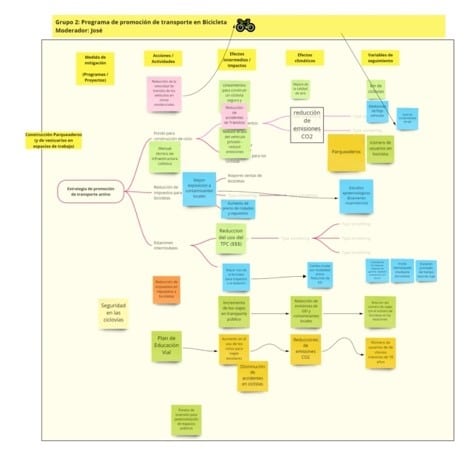
The first module “Transport and Climate Action” presented MRV systems in the context of climate policy and transport. Subsequently, climate mitigation initiatives in transport were presented. Likewise, the methodology of causal chains for mitigation projects in transport was presented, with exercises applied to electric mobility, promotion of bicycles, scrapping of freight vehicles, among others.
Module 2 “Quantification Methods and Data Requirements: Monitoring and Reporting” focused on Greenhouse Gas (GHG) baselines and data collection systems, including examples from the MODEM system of the Chilean Ministry of Transport and Telecommunications, as well as experiences from Colombia and Costa Rica.
During this space, emphasis was placed on MRV as a working arrangement in which not only data is analysed, but also cross-referenced with causal chains to find better solutions.
“MRV is a group of people who agree to work towards certain objectives.”
José Pacheco, Hill Consulting
Module 3 “Defining mitigation scenarios and targets: basis for verification” explained the construction of decarbonisation scenarios as a first step to verification. Available tools were also provided for their projection. The last module “Monitoring of measures: Ex-post monitoring and verification” focused on the monitoring of NDC measures in the transport sector.

Attendees valued first of all the opportunity to learn about valuable experiences from other countries.
“The exchange was interesting. You realise that all the countries are tackling the problem differently, within the possibilities that each one has to obtain information.”
Valeria Tapia, Transport Planning Secretariat of the Chilean Ministry of Transport and Telecommunications
They also emphasised learning to calculate and understand MRV systems and to appreciate the importance of good data sources.
“They have presented us with very interesting methodologies that could be applicable in some Peruvian cities. From the central government, we are progressively seeking to instruct, train and accompany the entities in charge of transport, to develop an inventory of emissions that is more robust and more transparent in order to know exactly the emissions that we generate in the sector,”
Milagros Morales, Ministry of Transport and Communications Peru
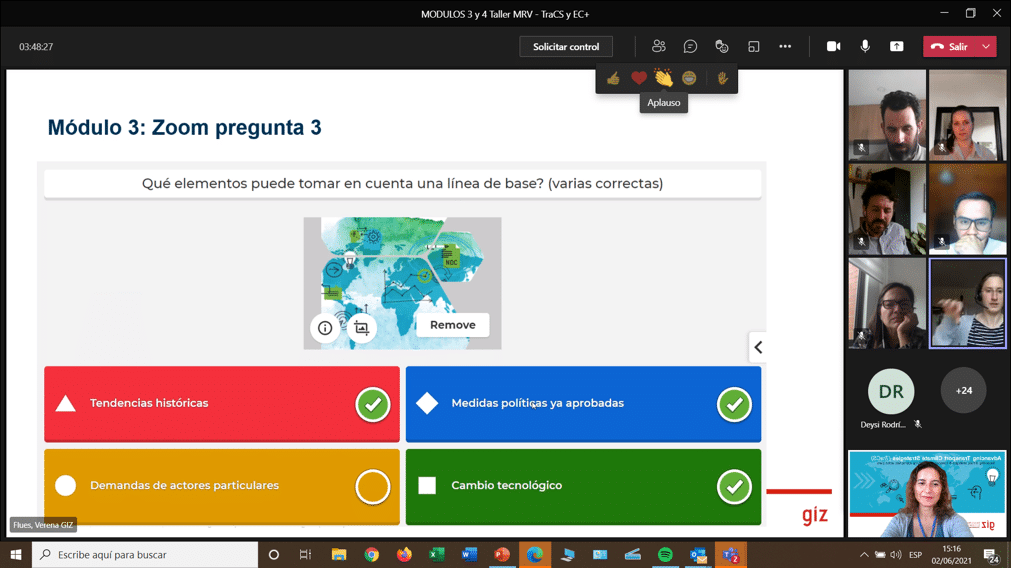
For the next steps, most of the participants considered it relevant to have a regional exchange platform and to generate a repository of study documents.
Having spaces and communities of practice is presented as an opportunity in the face of the challenges of advancing long-term climate commitments, such as the goal of carbon neutrality by 2050. In this way, the next challenges are to innovate and create mechanisms to continue sharing experiences so that no country in Latin America is left behind.